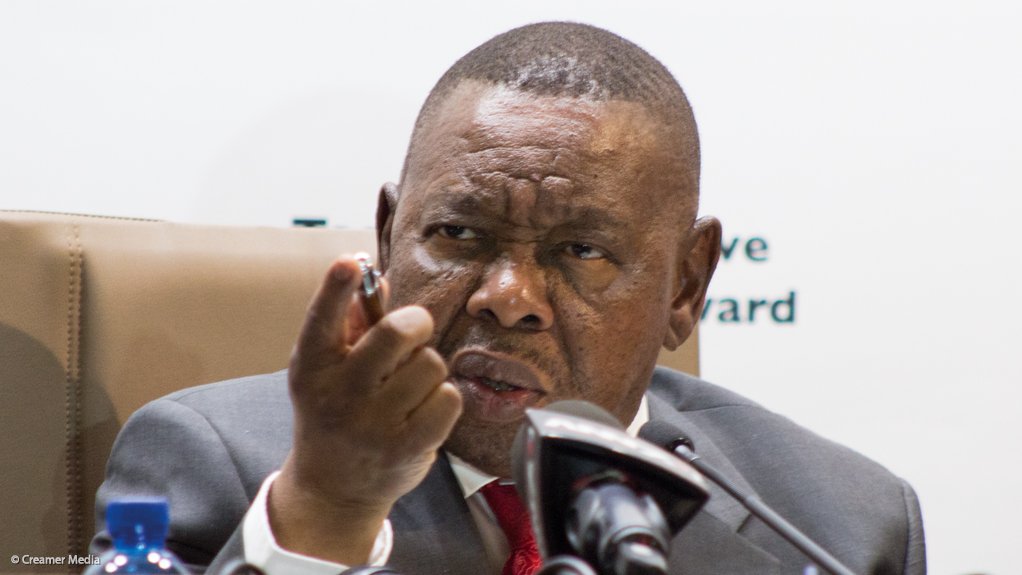Higher Education and Training Minister Blade Nzimande has conceded that there is corruption in the National Student Financial Aid Scheme (NSFAS), which has led to some students not receiving their tertiary funding.
Speaking at a media briefing in Pretoria, on Thursday, he said that while this caused some discontent among students, it was not the reason behind the Fees Must Fall protests that took place across universities last year.
“There are a number of other reasons for these protests,” he said.
Department of Higher Education and Training (DHET) director-general Gwebinkundla Qonde said corrupt practices in NSFAS had been investigated and that the findings of the investigation had been submitted to the department on December 12.
“The Minister now needs to be briefed on the outcome and it will be taken from there in respect of what it actually means and what we are going to do about it,” he stated.
The NSFAS would, this year, fund 205 000 university students and 200 000 students at technical and vocational education and training colleges, providing student loans and bursaries of R15.2-billion.
Meanwhile, Nzimande said the Presidential Commission of Inquiry into the Funding of Higher Education and Training was set to release its final report in mid-2017, which would make recommendations on the feasibility of implementing fee-free higher education and training in South Africa.
He added that the Fees Must Fall protests were “nothing new” and that such protests were held before apartheid had ended. “The only difference between those protests and the Fees Must Fall protests, is that this is now taking place at universities that [were considered] predominantly white”.
Further, Nzimande pointed out that government was “doing everything we can” to curb violent and unlawful protests. “We support these protests . . . we promised free education . . . however, student demands [are being overshadowed by] a variety of vested financial and political interests who have entered the scene and are hoping to reap benefits,” he said.
The Minister said that, in the current academic year, NSFAS students would not be affected by an increase in tertiary fees and that about 75% of students would not experience any increase.
“The fees that are capped at 8% are for those who can afford it and those that come from rich families,” said Nzimande.
A SYSTEM UNDER PRESSURE
Asked how universities were going to handle the number of students applying for tertiary education, with some 70 000 students applying at the University of Johannesburg alone, Nzimande noted that only 162 374 students were eligible for admission to bachelor studies and that many students had applied at a number of universities, which should be borne in mind when considering the figures for new applicants at the various universities.
“There is a big difference between applications and people who actually qualify . . . the number of applications is not a measure of what the real situation is," he added.
EMAIL THIS ARTICLE SAVE THIS ARTICLE ARTICLE ENQUIRY
To subscribe email subscriptions@creamermedia.co.za or click here
To advertise email advertising@creamermedia.co.za or click here











